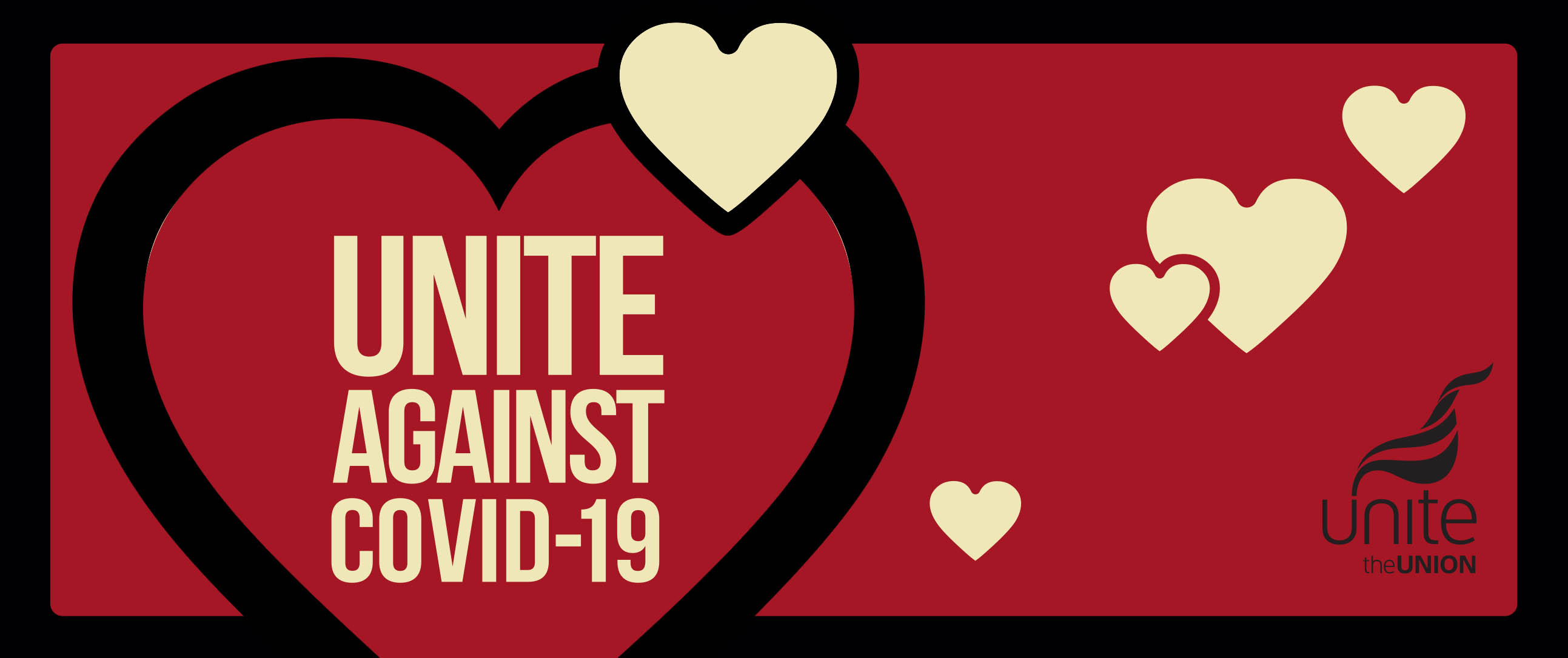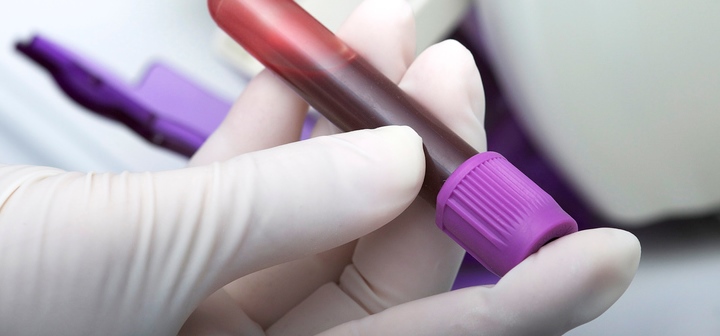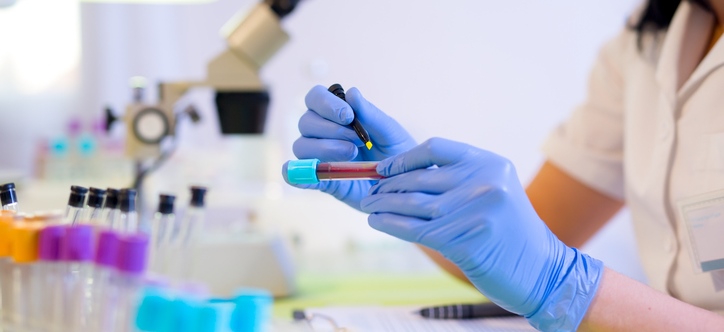Fairness for Ebola fight heroes
An NHS biomedical scientist and Unite member, who twice volunteered in Sierra Leone during the Ebola Crisis, has called for the 200 NHS workers and academics who risked their lives to combat the deadly virus in West Africa to receive a more than ÂŁ4,000 bonus paid to Public Health England (PHE) volunteers who worked in the same roles.
Ian Evans, chair of Unite’s health care sciences national committee, travelled to Sierra Leone in 2015 and 2016 to test blood samples for Ebola. Evans’ call came as Unite pledged to renew efforts to rectify the “huge inequality”, after David Cameron said he would look into the issue at prime minister’s questions (PMQs) on Wednesday (July 6).
“It’s not about the money, it’s about fairness. A lot of people don’t want the money, but they should be given the choice,” explained Evans.
“It was actually my PHE colleagues who told me about it, because they felt quite bad. It was arranged very quietly with minimal negotiations and basically people were told not to mention it.”
Health workers and scientists traveled to the Ebola zone between 2014 and 2016 to try and stem infections after a call was put out across the NHS for volunteers.
“My colleagues went to West Africa purely for humanitarian reasons. It was quite unusual because there was also a call for scientists – normally it’s just for doctors and nurses but there was a need for biological testing. It was unique because we were working with high levels of protections: wearing multiple layers and in isolation tents. it was like something out of a science fiction film,” said Evans.
“After a while people realised there was a two tier system for volunteers. A colleague of mine who’d just got married went out over Christmas for six weeks and was working next to someone doing the same job who got £4,500 extra. That’s not right.”
About 250 staff from Public Health England (PHE), including the Defence Science and Technology Laboratory (DSTL) and Public Health Wales (PHW), were given the bonus, which was provided by the Department for International Development (DIFD).
But 200 volunteers from the NHS and academia have, so far, been denied the payment, even though they were working in the same life-threatening situations. While Unite emphasised that those that went to West Africa did not go for financial reward, the union made clear they would not accept a two-tier bonus system.
“We have been met with a brick wall, having written twice to international development secretary, Justine Greening and received no response about addressing this huge inequality.
“The prime minister’s answer at PMQs in relation to Pauline Cafferkey, the nurse who nearly lost her life while treating Ebola patients in Sierra Leone, but has yet to receive the £4,000 bonus, could break this logjam,” said Unite national officer for health Sarah Carpenter.
“Unite will be renewing its efforts to get justice for those that risked their lives in fighting the Ebola virus and we will be raising this with Kate Osamor, the shadow international development secretary.
“This is a matter that has taken far too long to resolve and it is about the unequal treatment for volunteers, who risked their health and their lives to go to West Africa to help those suffering desperately at a time of great need.”
After more than 11,000 deaths over nearly two years, the West Africa Ebola outbreak was finally declared over on 14 January 2016. However, The World Health Organisation has warned that more flare ups can be expected.
 Like
Like Follow
Follow


